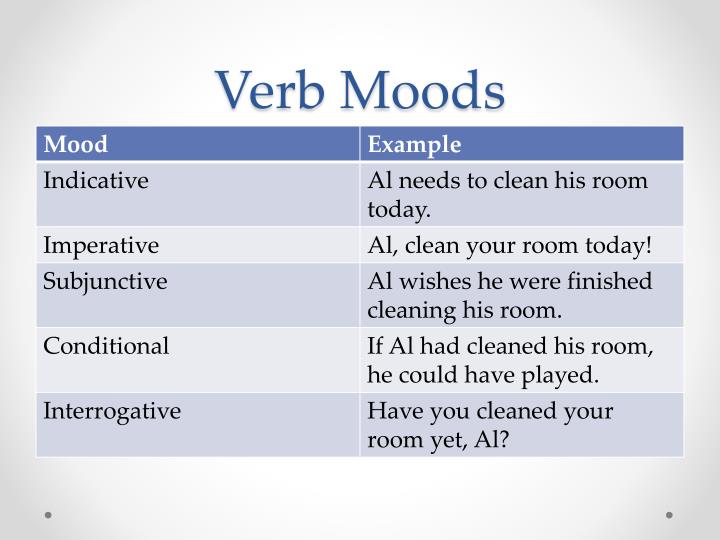
In grammarian lingo, we call this feature of verbs number. And, on the other side of that coin, an infinitive verb is one that is not conjugated.Ī finite verb is finite in identifying how many people or things are accomplishing the verb-like activity. Note the am doing (first person), are doing (second person), and is doing (third person) in the previous sentences.Ī finite verb is a conjugated verb. If you are doing it, then the finite verb appears in the second person.Īnd if she is doing it or he is doing it, then the finite verb appears in the third person. If I am doing the action of the verb, then the finite verb appears in the first person. In its finite state, the finite verb reveals whether I am doing it, you are doing it, or somebody else is doing it. In grammarian-speak, we call this feature of verbs person. Below we’ll learn more about the past participle and past tense of irregular verbs.Ī finite verb is also finite in identifying who is accomplishing the action it expresses. Naturally, we call this kind of verb an irregular verb. Other verbs aren’t so friendly, for they form their past tense and past participle in an irregular way, usually by changing a vowel in the verb: begin (present tense in the first person), began (past tense), and begun (past participle). Regular verbs also include those that form their past tense and past participle by adding ‑d or ‑t, as in heard and dealt. A verb that forms its past tense and past participle in the same way (usually by adding ‑ed) is called a regular verb. Notice also that its past participle, which shows up in the perfect tenses, also has the ‑ed ending. Notice that the verb decide forms its past tense by adding ‑ed. Some grammarians refer to these tenses as the progressive aspect of verbs:Īnd here are the six progressive tenses you conjugated, or should have conjugated, in grade school: These are called the progressive tenses, also called the imperfect tenses. Six additional tenses enable us to express an ongoing action.

Here are the six major tenses you remember from middle school: We have six major tenses in the English language.

When we talk about time in relation to verbs, in grammarian parlance we are talking about tense. It’s finite in time, as in present, past, future, and other time dimensions.


 0 kommentar(er)
0 kommentar(er)
